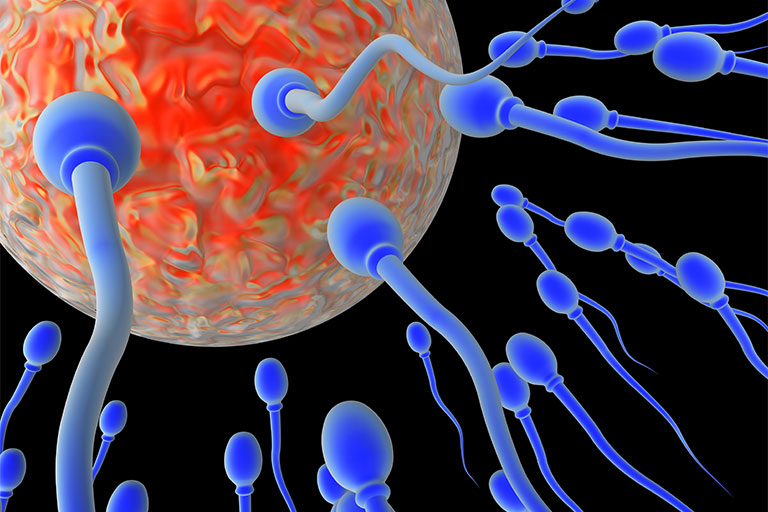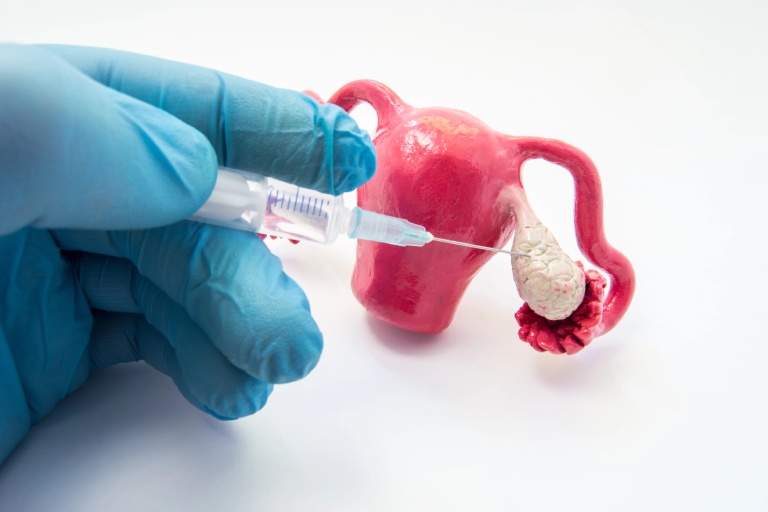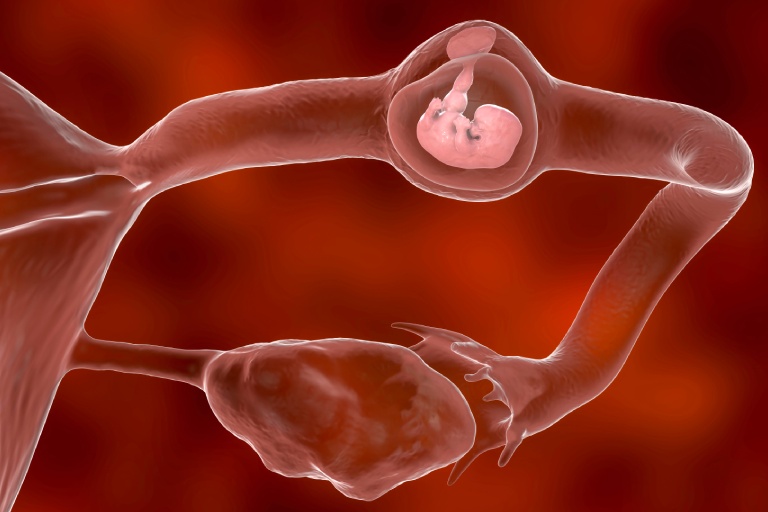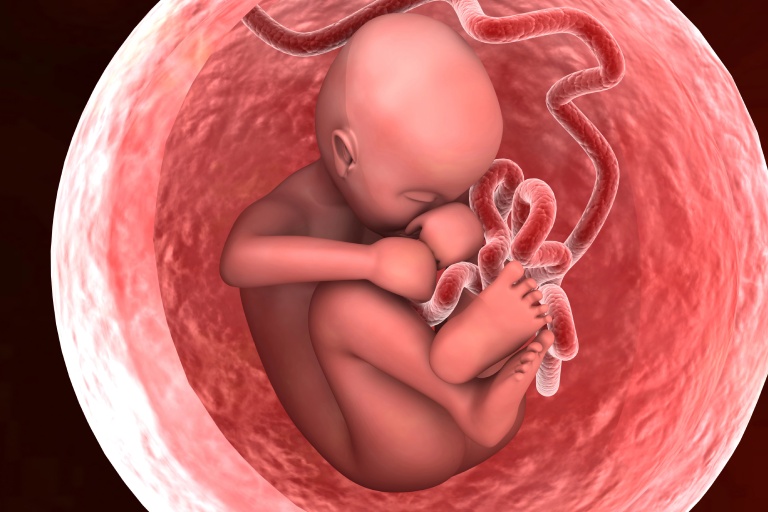
When considering egg donation, one common question is how many eggs you can donate. This is an important consideration for women interested in becoming egg donors and for intended parents who rely on egg donation to have a child. Understanding the factors influencing this number can help clarify the donation process for all parties involved.
Understanding Egg Donation
Egg donation is a crucial process that involves a woman donating her eggs to help intended parents who may struggle with infertility. These donations can fertilize embryos through the intended father’s sperm or a sperm donor. The eggs are then implanted into a surrogate’s uterus if required. Women who donate eggs must be healthy and undergo rigorous screening before becoming donors.
The egg donation process benefits many, particularly those who are unable to conceive naturally. For surrogates and intended parents, knowing how many a woman can donate helps to manage expectations and ensure that the process is as successful as possible.
How Many Eggs Can You Donate at a Time?
When you decide to donate eggs, it’s essential to know how many eggs you can donate at a time during a single donation cycle. Typically, women donate anywhere from 8 to 15 eggs during one cycle, but this number can vary depending on various factors, including age, health, AFC, and medical supervision.
The egg retrieval process involves hormonal treatments that stimulate the ovaries to produce multiple eggs. These eggs are then harvested for fertilization. The number of eggs retrieved depends on how well the ovaries respond to the hormonal stimulation. Generally, the more eggs retrieved, the higher the chances of successful fertilization and embryo development for intended parents.
Several factors influence the number of eggs a woman can donate, and it’s important to understand these before beginning the donation process.
Age
One of the primary factors that affect egg donation is age. Younger women, particularly those under 35, tend to produce more eggs than older women. As a woman ages, her ovarian reserve (the number of eggs available) decreases, and the quality of the eggs may decline. This can limit the number of eggs that can be successfully retrieved in one cycle.
Health
The egg donor’s overall health significantly affects how many eggs a woman can donate. Those who are in good physical condition and have regular menstrual cycles are more likely to produce a higher number of eggs. Additionally, women with a history of successful pregnancies or normal ovarian function typically have better outcomes during the donation process.
Medical Supervision
Fertility specialists will prescribe medications to stimulate the ovaries to produce multiple eggs. The number of eggs that can be retrieved also depends on how well the body responds to these medications. Close monitoring during the cycle ensures that the ovaries are stimulated correctly and adjustments can be made if needed.
The Impact on a Woman’s Egg Reserve
It is important to consider how the donation process may impact a woman’s overall egg reserve. While donating eggs doesn’t significantly reduce a woman’s fertility, there can be a temporary decrease in the number of eggs available for future use. However, the body naturally produces eggs every month, and for most women, the process does not impact their long-term fertility significantly.
Women who donate multiple times over the years may experience a more substantial reduction in their egg reserve, but this varies based on individual health and age.
Considerations Before Donating Eggs
Consulting with a fertility specialist and having a thorough medical evaluation will ensure that you are a good candidate for egg donation. It is also crucial to consider the emotional aspects of egg donation, as it is a significant commitment that requires careful thought.
At Carrying Dreams, we support women through every step of the egg donation process. As a surrogacy and egg donation agency based in the US, we provide comprehensive services for intended parents and egg donors. Our team ensures that all parties involved are well-supported and guided throughout their journeys, helping families build their dreams one step at a time.



